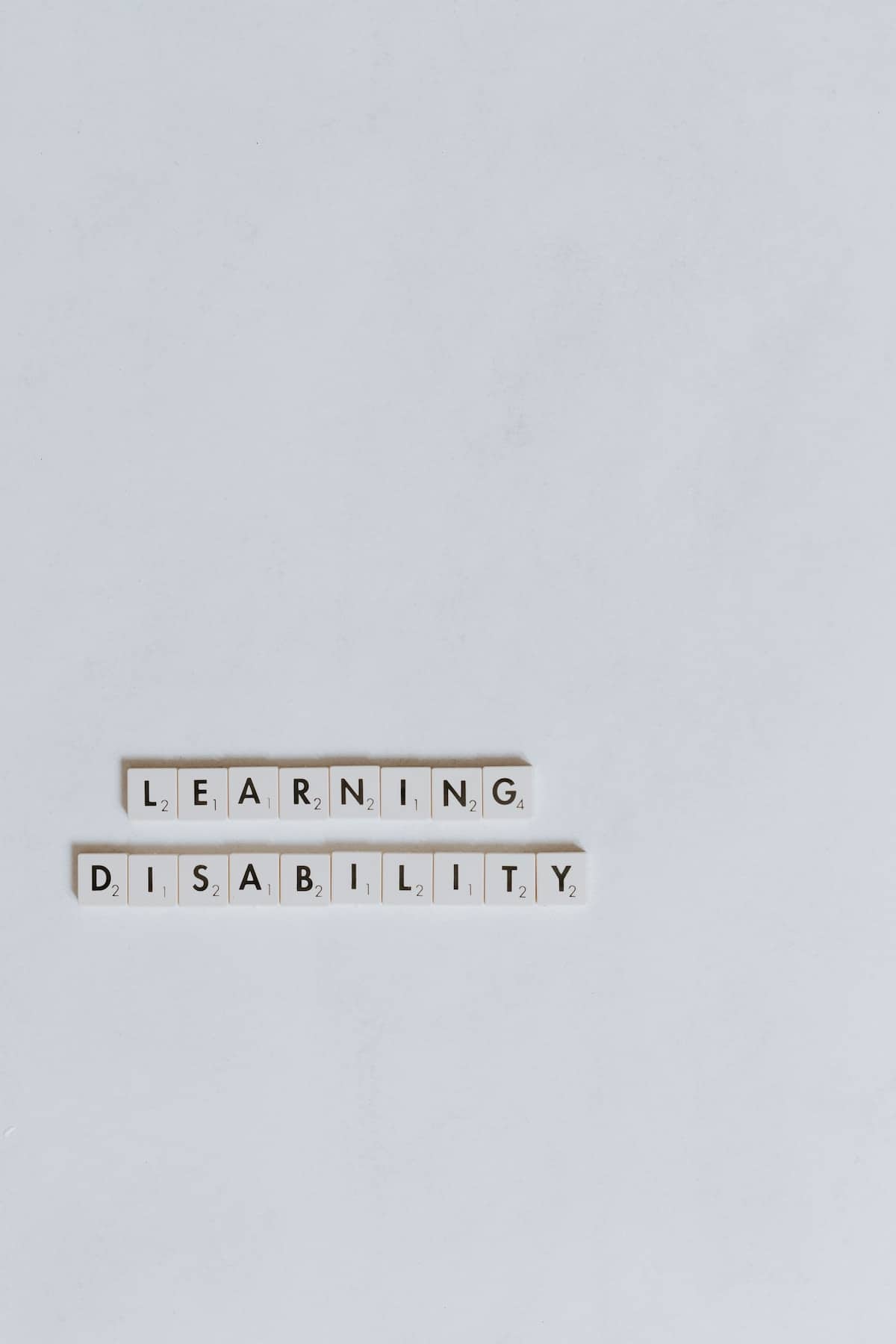Caring for someone living with a disability can sometimes be overwhelming. That is why creating the proper support structures is necessary – both for your loved one and yourself. In doing so, you can ensure the best is in place for everyone.
One primary advantage available to Australians is the National Disability Insurance Scheme (NDIS). This scheme provides necessary funding, services, and resources to help care for persons with disabilities. However, despite its essential and highly beneficial nature, navigating the NDIS can be tricky, particularly if doing it for the first time.
To help you get started, here are some considerations as you navigate the fundamental question of selecting the right support for your loved one living with a disability.
What Is The Role Of The NDIS?
As mentioned above, the NDIS’ primary role is a support structure for people living with a disability. This backing extends to their carers and families. In addition, since the NDIS’ formation resulted from the passing of key legislation, its funding activities are government-backed.
Attaining NDIS support stems from your eligibility. The requirements dictating this suitability cover various circumstances, including age, residency, and geographical location. However, once approved, you can customise your NDIS support based on your goals, needs, and preferences.
Other factors that you must keep in mind when selecting the right support for those living with disability include:
- Understand your loved one’s needs:
Every individual living with a disability has unique needs, strengths, and challenges. Therefore, understanding your loved one and their specific needs is essential before selecting any support options.
- Involve them in the decisions:
It is crucial to involve your customer or loved one in decision-making as much as possible. They should have a say in the types of support they receive. Account for their preferences and goals.
- Consider the type and severity of disability:
The type and severity of disability will impact the support required. For example, someone with a physical disability may need assistive technology.
- Explore different options:
Many different types of support are available, including personal support workers, assistive technology, group homes, and day programs. Exploring all options and determining which ones will best meet your loved one’s needs is essential.
- Consider their living situation:
Your loved one’s living situation will impact the type of support they need. For example, someone who lives independently may require different types of support than someone who lives in a group home.
- Evaluate the quality of support:
When selecting a support provider, it is crucial to consider their track record and reputation. Look for providers with experience working with people living with disability who have a solid commitment to quality care.
- Keep an open line of communication:
Once support is in place, keeping communication lines open and regularly evaluating the support’s effectiveness is crucial. This approach can help identify any issues and ensure their needs are met.
Organisational Considerations
We mentioned the NDIS above. However, please note that while the NDIS is the most formal option, several informal organisations offer the same services. They fall into three categories:
Mainstream support– primarily governmental support offered to those living with disabilities.
Community Support– such as non-profits, religious groups, local councils, and clubs.
Informal support– this includes family and friends.
Overall, choosing the right support for people living with a disability requires a thoughtful and individualised approach that considers your loved one’s unique needs, goals, and preferences. Remember, it is important to involve them in the decision-making process and to regularly evaluate the effectiveness of the support to ensure that it meets their needs.
Image Credit: Photo by Pawel Czerwinski on Unsplash


